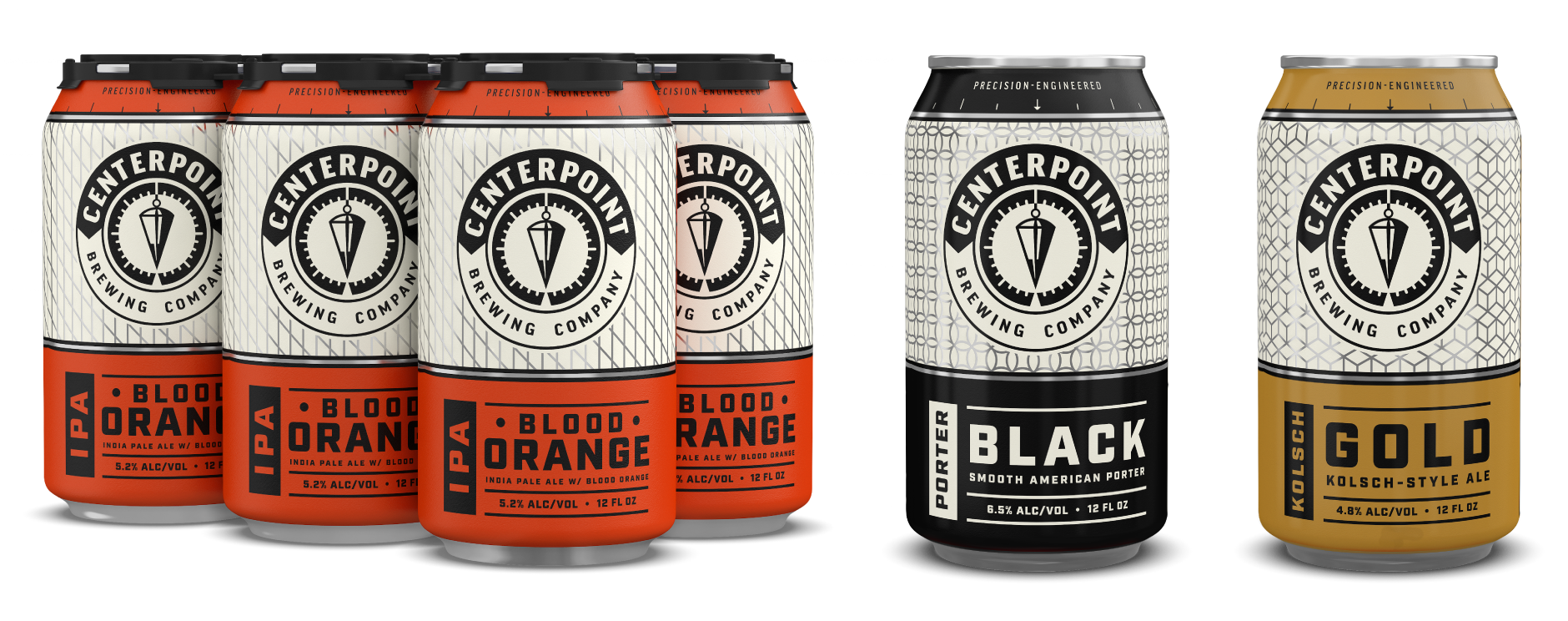Let's take a look at what goes into a great craft brewery name from a branding and positioning perspective.
Having a great name for your brewery is every bit as important as brewing great beer because it communicates even before people see your logo and packaging—who you are, what you stand for, what you believe in, and why someone should care about you. It’s the foundation for your brand identity, packaging, tasting room vibe, marketing and overall culture. And if it isn’t well thought out, it can dog you for years.
In this industry, a winery from around the world or a brewery from around the corner can sue you over naming rights. You can find an outstanding series on trademark law over on Craft Brewing Business, so we won’t delve into that. Instead, we’ll lay out some criteria for an effective naming strategy.
-
1
AVAILABILITY / PROTECTABILITY
The most important element of naming a brewery in this crowded market is availability. Is there another brewery, winery, or distillery with the same (or similar) name? How about a similar beer name? Is your URL available? How about social media handles? It’s frustrating, but with the amount of Cease and Desist orders flying around, asking these questions is a must for naming any brewery from here on out.
-
2
DIFFERENT (and REFLECTIVE OF YOUR DIFFERENTIATOR)
Your name should reflect your brand essence. Do you have a special brewing process? Is there something special about your team, how you got your start, or where you’re located?
EXAMPLE: Anchor’s Steam Beer name is a nod to a historic nickname for beer brewed under primitive conditions on the West Coast. Their classic bottle shape and overall branding align to support this narrative.
-
3
EASY TO SPELL & REMEMBER
Being easy to spell and recall doesn’t necessarily mean that your name has to be short, though that can be a great attribute as well. No matter the length, your name needs to be something people can easily pronounce.
-
4
LIKEABLE / FUN TO SAY
Like beer, names can be judged on their mouth feel. This can be hard to quantify, but a good name is fun to say and can be an important element of solid brand strategy. Consider a name with alliteration. Or an irreverent name. Or a short phrase.
-
5
FLEXIBILITY
Does your brewery name lend itself to larger theming or branding campaigns? Think about your flagship beers and how their names can further enhance your overall brand name and story.
EXAMPLE: Tin Man Brewing Co. has a great name that lends itself to broader brand strategy. Their overall identity centers around a robot illustration and is supported by beer names like “Circuit,” Alloy,” and “Rivet.”
-
6
PORTABILITY
Your name shouldn’t hold you back as you grow and expand into new markets: think names based on some hyper-local oddity (if you’ll be distributing far away) or shallow fads.
OTHER THOUGHTS
-
1
BE CAREFUL WITH MADE-UP WORDS
Made up words can be a double-edged sword. On one hand, they tend to be available—and they can seem like a godsend after ripping your hair out from the naming process. However, keep in mind that these often carry no ingrained meaning to potential customers, meaning you have to work harder to tell your story. Of course you’ll do this anyway through great branding and beer, but why start off in the hole if you can avoid it?
-
2
¿CÓMO TE LLAMAS?
It’s important to make sure your name doesn’t translate to something unsavory in another language (this can extend to include slang). We were in business for two years before we realized that our name, CODO, translates to “elbow” in Spanish. This could’ve been much worse, anatomically speaking.

Centerpoint Brewing’s (Indianapolis, IN) name and branding are a perfect reflection of their core concept and positioning. A group of engineers decided to open a brewery and wanted to create a portfolio of balanced, flavorful and imminently approachable beers. This story is reinforced with fun taglines like “Precision Engineered Beer,” “Beer Flavored Beer,” and a plumb bob icon.

